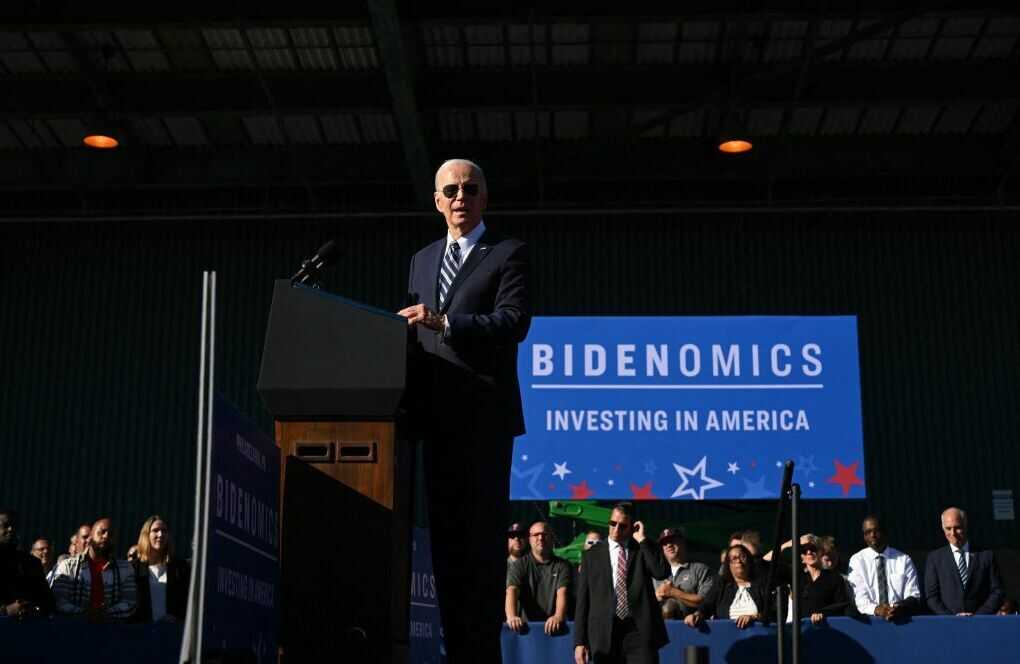Exxon minimized climate change internally after conceding that fossil fuels cause it
By Michael Copley
Internal Exxon documents obtained by span Rex Tillerson's tenure as the company's chief executive from 2006 until 2016. Brian Harkin/Getty Images hide caption
toggle caption Brian Harkin/Getty ImagesInternal Exxon documents obtained by span Rex Tillerson's tenure as the company's chief executive from 2006 until 2016.
Brian Harkin/Getty ImagesExecutives at ExxonMobil continued in recent years to raise doubts internally about the dangers of climate change and the need to cut back on oil and gas use, even though the company had previously conceded publicly that burning fossil fuels contributes to global warming, according to .
The effort to minimize concerns about climate change under former chief executive Rex Tillerson, who led Exxon from 2006 until 2016, was happening at the same time that scientists at the company were modeling troubling increases in carbon dioxide emissions without big reductions in fossil fuel consumption, the reported. The newspaper cited internal company documents that were part of a New York state lawsuit and interviews with former executives.
Exxon worked for decades to sow confusion about climate change, even though its own scientists had begun warning executives as early as 1977 that carbon emissions from burning fossil fuels were warming the planet, posing dire risks to human beings.By the late 1980s, concern was growing domestically and overseas that fossil fuel use was heating the planet, increasing the risks of extreme weather. In response, the reported, Exxon executive Frank Sprow sent a memo to colleagues warning that if there were a global consensus on addressing climate change, "substantial negative impacts on Exxon could occur."
An Exxon spokesperson said in an emailed statement that the company has repeatedly acknowledged that "climate change is real, and we have an entire business dedicated to reducing emissions — both our own and others."
Last year, Exxon said it about $17 billion on "lower emission initiatives" through 2027. That represents, at most, 17% of the total capital investments the company plans to make during that period.
Exxon recently that specializes in capturing carbon dioxide emissions and injecting them into oil wells to boost production. It's also planning to build emissions in Texas.
The company could spend more on "lower emission initiatives" if it sees "additional supportive government policies and new and improved technology," the spokesperson said.
Many scientists and environmental activists have questioned the feasibility of the carbon capture technology Exxon is relying on. Previous carbon capture projects by other companies have either been hugely over budget, or have closed. They contend that the more effective solution is to make deep cuts in fossil fuel use.
Investors seemed unfazed by the latest revelations about Exxon. The company's stock price was up almost 2% on Thursday afternoon.
that the world is running out of time to prevent global warming that would cause more dangerous impacts, like storms and droughts. Climate scientists say the world needs to Celsius (2.7 degrees Fahrenheit). Currently, it is headed for about 2.5 degrees Celsius of warming.Correction Sept. 15, 2023
An earlier version of this story incorrectly said that Exxon recently bought a company called Denbury. That acquisition has not been completed.



